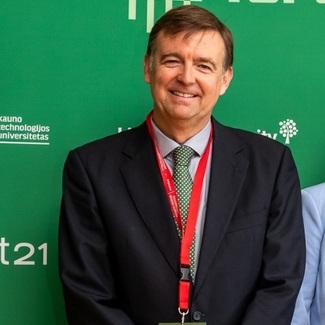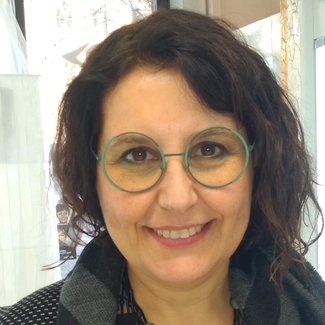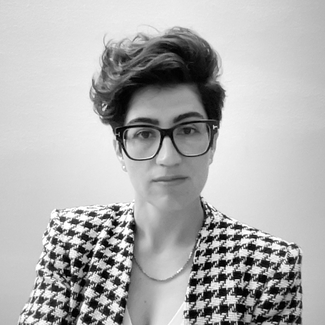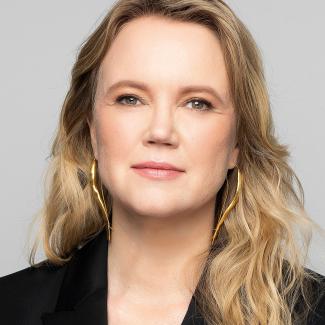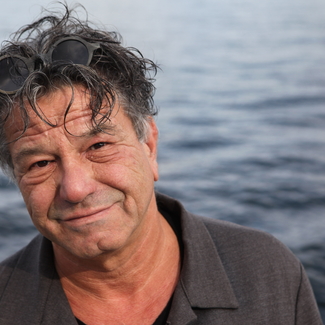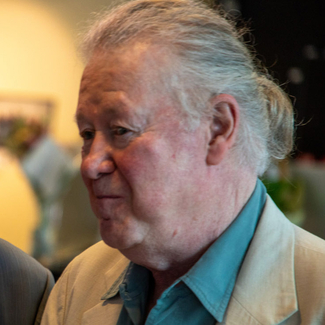To effectively tackle today's complex challenges, we must harness the collective intelligence that emerges from open-ended, collaborative research. This approach goes beyond individual excellence, requiring innovative cooperation between various stakeholders, sectors and disciplines. It involves integrating human and machine efforts, as well as engaging a wide range of stakeholders. Collaborative research with and through the arts can play a significant role in driving green, digital and social transitions. By fostering creative confidence, artistic research enables the creation of change and the ability to adapt to it. It harnesses the power to affect and be affected, which is essential for societal transformation.
Building on this vision, the PACESETTERS Policy Clinic will bring together policymakers, researchers, and cultural practitioners to explore how artistic research can inform and strengthen Europe’s climate transition. The event will combine critical reflection with collaborative exchange, translating the insights of the PACESETTERS Policy Brief into actionable ideas for the next Multiannual Financial Framework (MFF 2028–2034).
Event Structure
15:00–15:30 | Opening Remarks and Online Presentations
This session with start with online presentations by Patricio Ortiz de la Torre, Head of Sector in the Inclusive Society Unit, focusing on Cultural Heritage within Horizon Europe's Cluster 2. Followed by Giuliana De Francesco, Policy Officer at the European Commission in the Directorate-General for Research and Innovation (DG RTD)
15:30–16:00 | Opening Panel Discussion
Moderated by Stella Diakou, this dialogue between Annela Anger-Kravi, Teresa Muela, Florian Schneider and Johan Haarberg will unpack the key recommendations of the PACESETTERS Policy Brief, developed by T6 Ecosystems with input from project partners and the Real World Laboratories (RWLs). Together, panelists will reflect on the role of the arts in systemic transitions, the recognition of artistic research as a legitimate form of knowledge production, and the need for new policy instruments that embed culture and creativity across the EU’s transition frameworks.
16:00–17:10 | Policy Lab – Breakout Sessions in SALA 002
Participants will then engage in interactive roundtable discussions using the World Café methodology. Divided into small rotating groups, they will collaboratively explore concrete policy challenges and opportunities. Each table will focus on one of the policy brief’s core recommendations or a region-specific issue:
Table 1: Scaling Artistic Research and Innovation for the Climate Transition
Table 2: Recontextualising Innovation through Collective, Place-based Practice
Table 3: Leveraging Arts-based Innovation for Decentralised Governance Models
Table 4: Policy Challenges for Cultural Entrepreneurship and Collaborative Research in Spain (in Spanish)
Table 5 (TBD): Artistic Research and the Frascati Manual
17:10–17:45 | Reporting and Closing Reflections in SALA 001
The facilitators will briefly present the key takeaways from each table, followed by Florian Schneider’s concluding remarks synthesising the outcomes and outlining how they will inform future PACESETTERS policy dialogue and advocacy.
Purpose and Vision
The Policy Clinic in Málaga is designed as a collaborative policy experiment — a space where the arts, research, and policymaking intersect. It aims not only to test participatory policy design methods but also to position artistic research as a driver of regenerative, systemic change.
By connecting local and European perspectives, the clinic will contribute to shaping a shared vision for how the EU can embed artistic and cultural innovation within the green transition agenda of the next decade.
Patricio Ortiz de la Torre is Head of Sector in the Inclusive Society Unit, focusing on Cultural Heritage within Horizon Europe's Cluster 2
Annela Anger-Kraavi is project lead of the Climate Change Policy Group (CCPG) at the University of Cambridge.
Teresa is the former General Secretary of FAMP, now working in the Directorate of the Department of Programs, Equality Policies and Networks


